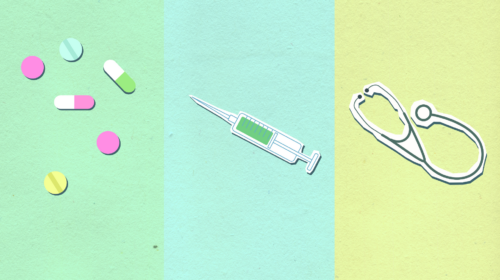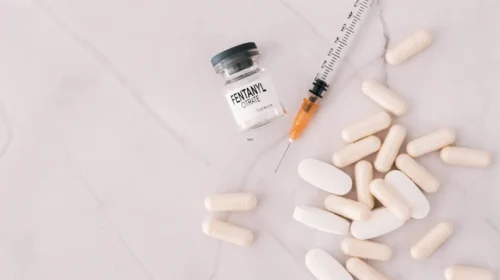Think politics and addiction aren’t linked? Think again. At a time when the political climate is more divided than ever, it can be easy to lose sight of exactly why we’re fighting on social media and following, with more anxiety than ever, the rapid glut of political news stories, both real and fake. Although over a third of registered voters have already cast their ballot, in an unprecedented show of civic-mindedness, you and many people you know may still ask yourself: what’s the point? The reality is, however, that voting is the best way to get your say in what happens in your country and your community, including how you or your loved ones access potentially lifesaving addiction treatment.
Voting=Value: Casting Your Ballot for Recovery Funding
Like everything else, money is front and center in the relationship between politics and addiction treatment. You know how important it is that addiction treatment is adequately funded on the local and national level. Explore and investigate candidates who have exhibited a commitment to fully fund resources to prevent this ongoing crisis. While landmark legislation, such as the Comprehensive Addiction and Recovery Act of 2016 enjoyed practically unified support, more granular issues are still very much the subject of debate, like:
- Community Support Programs
- Harm Reduction
- Sober Living Resources
- Medication-Assisted Treatment
- Insurance Coverage
- Drug Court Resources
You can learn a lot about how candidates prioritize addiction treatment funding and other issues that are important to you by examining their past voting records. For candidates new to the political scene, you can do your due diligence in other ways, like reading articles about their values and platforms.
The Politics of Addiction and Health Insurance
Knowledge is power and could be lifesaving when it comes to addiction care. Right now, one of the most contentious bread-and-butter issues among the divided electorate is healthcare and the route of coverage. Understanding how private vs. public health insurance affects access and affordability for addiction care is critically important for anyone seeking treatment or trying to figure out what element of care is covered. Treatment encompasses a wide range of interventions, some of which are readily covered by insurance and some of them require further guidance and navigation. Figure out where your candidate stands on this issue, and what their impact and influence can have on treatment accessibility and continuity of coverage.
Politics, Addiction, and Incarceration
Over the past 30 years, sentencing for drug offenses has only gotten harsher and more protracted, and it’s affected more communities than others. Since the advent of the “war on drugs” in the 1980s, drug-related incarceration rates have grown exponentially, rising from 40,900 in 1980 to 452,964 in 2017. Additionally, data from the National Institute on Drug Abuse indicates that 65 percent of the United States prison population has an active SUD. Another 20% percent did not meet the official criteria for an SUD but were under the influence of drugs or alcohol at the time of their crime. It would be difficult to discount the political motives present in the very existence of these enforcement-first policies. Voting is a direct and empowering way to protect yourself and those you care about from potentially punitive sentencing for low-level drug offenses. It’s a way to ensure that people who need help for addiction get a second chance rather than having their lives derailed by prolonged periods of incarceration. The bottom line is that all aspects of addiction treatment are political in some way, and voting is a direct means of making your voice heard about this important subject.
Voting in Florida: How Can I Make Sure My Vote Is Counted?
As an organization that has made a home in Florida, Recovery Unplugged is keenly aware of its diverse electorate and its incredible importance as a “battleground” state. We’re also aware that pandemic-related public health concerns have changed how traditional voting is done this year. If you’re voting in Florida, it’s important to know the proper dates, deadlines, and parameters to ensure your vote is counted.
Ballots must be received by Tuesday, November 3, 2020, by 7:00 pm. You may also return your ballot in person by Tuesday, November 3, 2020, by 7:00 p.m. You can find ballot tracking information here. Make sure all ballots are filled in completely and correctly. If you need help filling out your ballot, click here for step-by-step assistance. Visit the Florida Division of Elections website to get important information about registration and to find your designated polling place.
If you need help voting in any other state, please visit the US Election Assistance Commission or contact your state’s specific election commission. Let your voice be heard. Stand up and be counted.

























